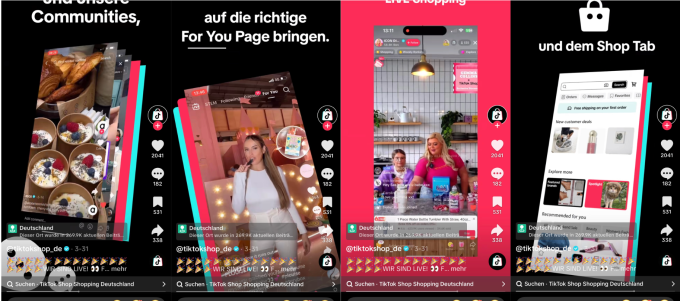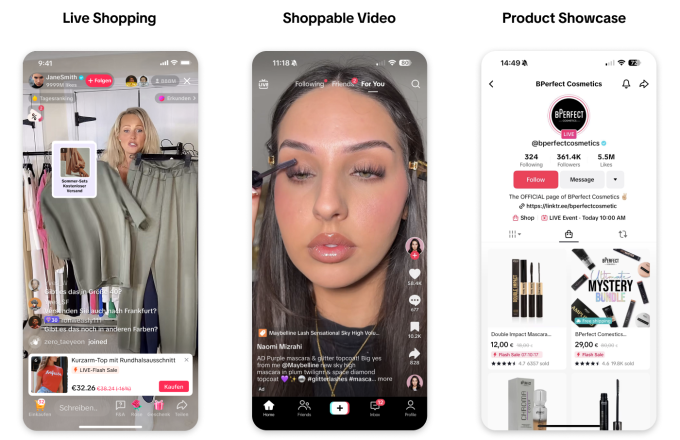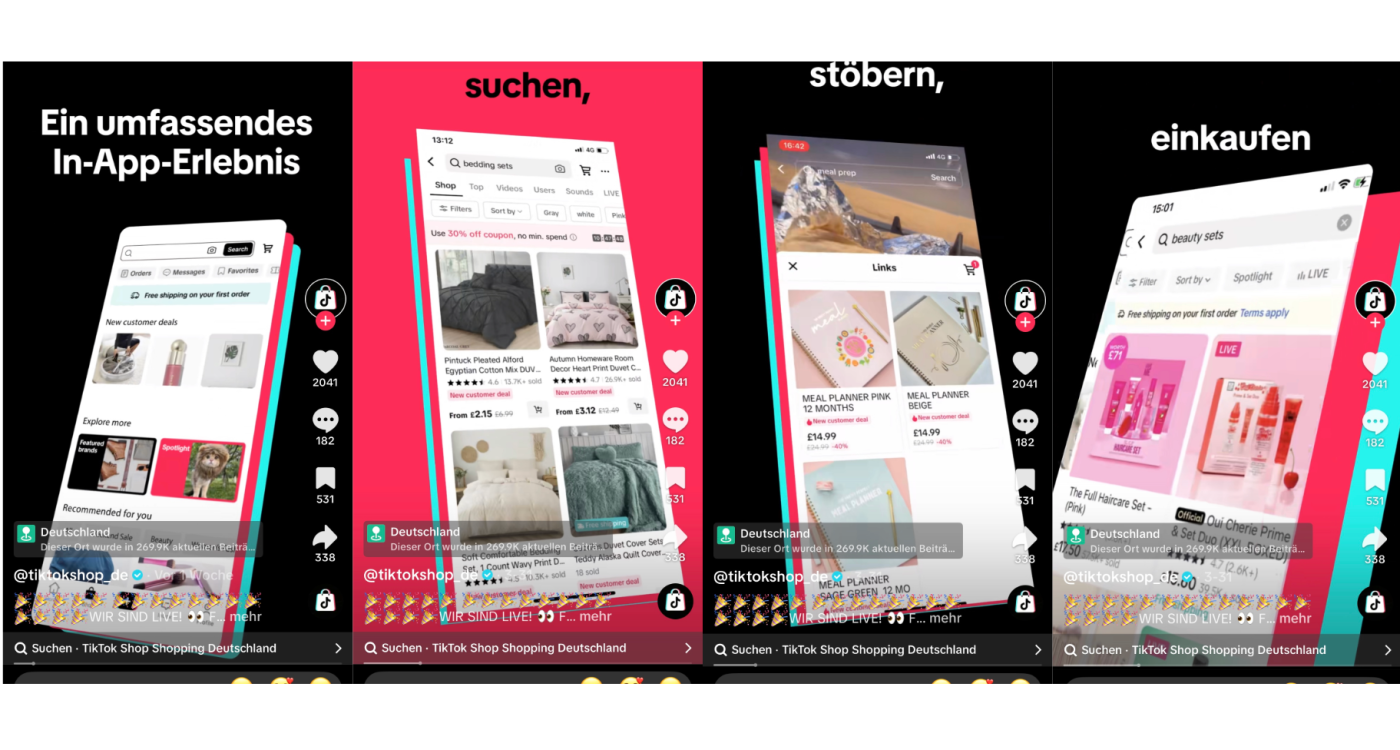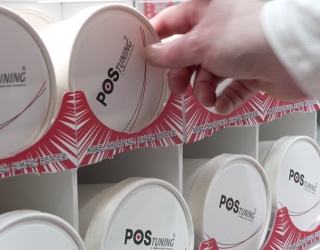So now the time has come: the TikTok Shop has been launched in Germany. And to be honest? I find it exciting. As an editor who deals with retail trends on a daily basis, this is exactly the kind of moment that makes me think: Okay, something is happening here that we shouldn't ignore.

Because of course, the principle sounds tempting: see products, be entertained, buy - all directly in the app. For those who already spend a lot of time on TikTok, this is the perfect combination. Retailers get a direct line to the target group, influencers push products and TikTok takes care of payment and sometimes even shipping. Sounds pretty simple. Almost too simple?
How exactly does the TikTok Shop work? Users see a product in their feed or during a livestream - and can buy it directly via the app without leaving the platform. This is made possible by integrated “Buy” buttons, linked product pages and checkout processes that TikTok hosts itself. Merchants can add their products either directly via TikTok or via connected marketplaces. Payment is made via TikTok Pay and logistics can also be organized by TikTok, depending on the model. This sounds convenient for everyone involved, but it also means that TikTok controls large parts of the value chain.

This is where it gets tricky for me. Because even if social commerce is all the rage, what does it mean for trust, quality and customer loyalty in the long term? Not every recommendation is really honest, not every product delivers what it promises in the clip. And who is actually liable if things don't work out? Smaller retailers in particular could find themselves at a disadvantage - or have to get involved with a platform where they have little control.
What also makes me suspicious is that the data protection situation surrounding the TikTok Shop is - as is so often the case with platforms from ByteDance - not entirely clear. Who receives what data? And how is it used? Although the close link between content, shopping behavior and usage data opens up exciting marketing opportunities, it also raises questions about the responsible handling of sensitive information - especially in a European context.

I think the TikTok Shop definitely has potential - especially for brands that know how to address target groups at eye level. But we shouldn't forget that retail is about more than just quick purchases and likes. It's about relationships, service and trust.
So yes, I'm curious to see how the whole thing develops. But I hope that we as an industry don't just look at the hype, but also behind the scenes. So that social commerce becomes more than just a short-term trend - namely an opportunity to rethink retail.





